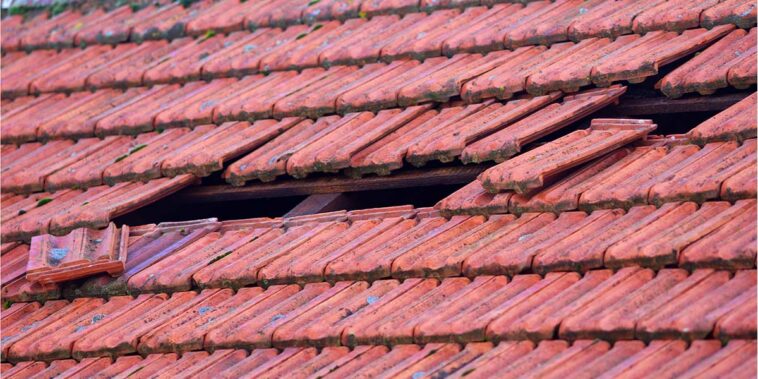With hurricane season here, tens of thousands of Florida residents face damage to their homes due to wind, hail, rain and severe storms. Although we can’t predict if your home will face damage, we can prepare you now and save you the frustration of handling insurance claims later.
The first step is to understand what your homeowners insurance policy covers. Many Florida insurance policies have conditions that can greatly reduce the amount given to you to repair your home.
If your policy has a “right to repair” provision, you have given up the right to select your own roofer or contractor to repair your home and have authorized the insurance company to select and oversee any contractor of their choice. If your insurance policy has this type of provision, I strongly encourage you to discuss with your agent how to remove it from your policy, even if it increases your premium.
The next policy provision that you must be aware of relates to alternative dispute resolution processes contained within the policy. Almost all Florida homeowners insurance policies have an appraisal clause. Once an insurance company requests appraisal after a dispute of the claim arises, the homeowner is precluded from litigating the matter in court and presenting the case to a jury. Rather, the value of your claim is determined by an insurance company representative, your representative (whether an attorney or public adjuster), and an umpire selected by the two representatives.
Once the umpire renders a decision, called an award, that amount is fixed and final – there is no appeal. Although some insurance companies may state that this results in quicker payment to the homeowner, it can actually deny homeowners access to the courts as well as the ability to investigate the claim.
Florida recently enacted a new law for homeowners insurance claims that impacts roofing contractors and attorneys more than homeowners, but it’s still important to note. Under the new law, homeowners are protected by some provisions that prevent dishonest contractors from soliciting insurance claims by making payments, giving gifts or otherwise enticing homeowners to employ them for their claim.
The new law requires contractors to inform the homeowner of the dishonest business practices listed in the statute and to have the homeowner acknowledge that none of those activities occurred prior to signing the contract for repairs. The law also contains provisions for giving insurance companies second chances to review the claim before a lawsuit is filed and has detailed requirements for insurance companies to explain to the Department of Insurance the reason they initially denied a claim and eventually made payment.
If your home suffers damage as a result of a hurricane, call the Storm Claim Attorneys at the Law Offices of Michael B. Brehne, PA for an explanation of your rights during the claim process.





Comments